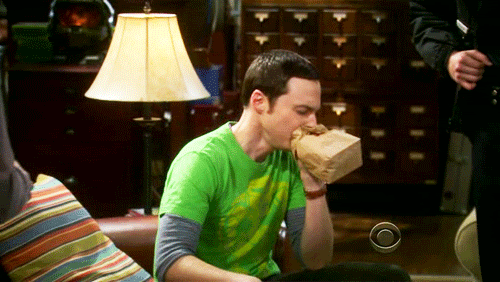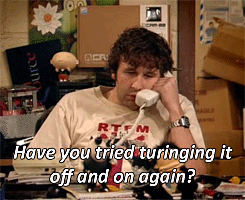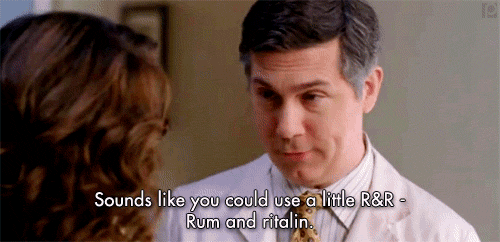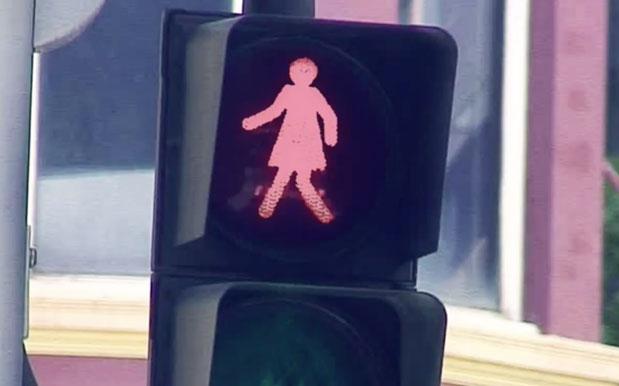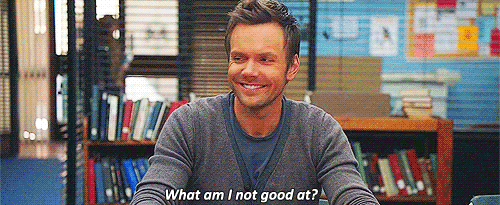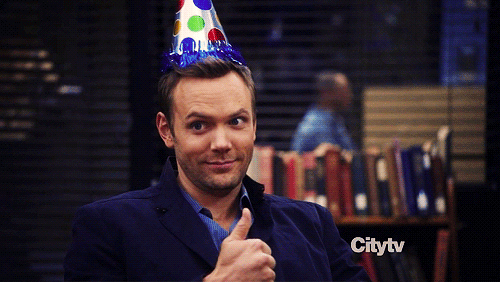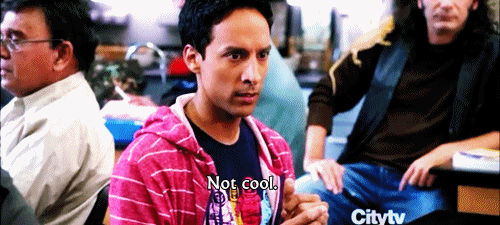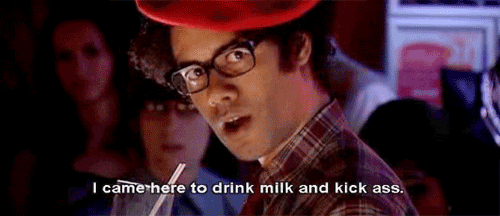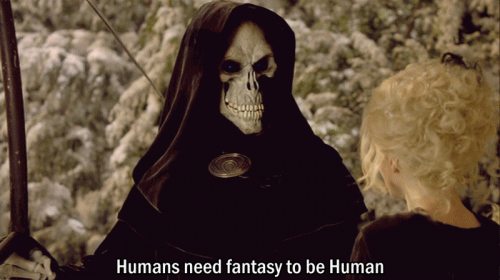Dear Pauline Hanson,
When I first heard you proposed that autistic (and other disabled) children be removed from mainstream classes, I was angry. You asked Australia to go back and review exactly what you said in context. So I did.
I’m no longer angry. I’m frustrated and disappointed.
You argue that teachers are too preoccupied with children who have special needs to adequately attend to the rest of their class–and you are correct. You are absolutely correct.
But this preoccupation isn’t due to children with autism or disabilities being present. And children with different abilities are not placed in “mainstream” classes to make them “feel included” or “less hurt”.
Allow me to explain.
- ALL children in the classroom have special needs.
All of them. No exceptions. The way that we teach children is fundamentally flawed, it accounts for only the tiniest percentage of people who learn effectively in a traditional classroom environment.
This environment is only just beginning to acknowledge students who learn best by methods outside of lecture and repetition. It is only just beginning to recognise that there are intelligences outside of being able to recite times tables.
In a classroom the variation of ability is not as simple as disabled and non-disabled. No two kids are at exactly the same level in every aspect of their education, and teachers are charged with understanding each individual child to help develop their weaknesses and provide pathways to excel in their strengths.
Teaching to a range of learner types, at very different stages of learning, is an enormous challenge. Especially in the primary system where one teacher is responsible for the general education of an entire class.
Our system doesn’t allow for the attention that every child should get. It just doesn’t. Teachers are pretty marvellous beings, but even so, a single teacher can only be in so many places at once. The issue isn’t too many children with special needs, it’s too many children competing for the attention of one. It’s a classroom system that doesn’t cater for the different ways in which children learn.
- Autism is not always a negative in the classroom.
Children with autism are often especially gifted in a particular area, “leaps and bounds” ahead of the others as you put it. They aren’t holding anyone back. Teachers could–and should!–encourage autistic (or any) children with a particular gift to work with their classmates who may be struggling in that area.
Why? Learning to help others is a lesson in patience. It’s a lesson in truly understanding what you’re teaching. It’s a lesson in cooperation. It’s a lesson in communicating. Learning to work with others is knowledge you can’t just get off Google–and this is what we need to be preparing our kids for more and more. Information is great, but social and communication skills are far more important.
- Mixed-ability classrooms develop social skills and tolerance in all.
School isn’t about learning facts anymore. It’s learning how to exist in the world, and how to be a good person. When you rob a classroom of its diversity, you create a false world where differences are abnormal. Children are then not socialised with those outside of what they know, and rather than viewing each other as peers they see aliens. People they don’t feel they can understand.
The best way to teach children how diverse and wonderful humans can be is to have that representation in the classroom.
For children with aspects of autism, socialising may not come naturally. Having examples of their peers on which to model and test their behaviour is one of the most effective interventions you can get. I act as “normally” as I do almost entirely due to my observation of others my age—an opportunity I would not have had if I were segregated out of a mainstream class.
- Autistic children are not all the same.
Not even close. If you imagine the range of life and academic skills as a bar graph, the level of the bars for an average person doesn’t vary very much from skill to skill. They have strengths and weaknesses, but overall it’s pretty level.
In a person diagnosed with autism, these bars are all over the place. Language abilities may be a huge tower, but mathematical skills is almost 0. Psychologists call it a ‘spiky profile’ of abilities. Autism is an intense variation in strengths and weaknesses. My social skills (very low in early childhood) might render me “disabled” but my language abilities (very high) say the opposite. What would happen to children like me in a special school? Would my gifts be forgotten in a room designed to rectify weaknesses?
You can’t solve the issue of teacher attention by taking out all the kids who are classed “autistic”. You actually make it worse. What you have there is that same mix of different abilities as you find in a regular classroom… on steroids. A single teacher, however superhuman, will not be able to provide that group with the learning support they need.
- A child needing intensive teacher support should not be relying on the main classroom teacher for it.
What you seem to be referring to are children who are so challenged by their autistic traits that they require extensive teacher support. That does indeed drain the teacher’s time.
These children should have aides. Someone dedicated to providing the learning support they require so that it doesn’t impact the teacher’s ability to teach the rest of the class.
In short, segregating a subset of children from classrooms will not work. You simply recreate the same issue in two different classrooms. A teacher with no “disabled” children still needs to cater for an incredible range of intelligences and learning types. It robs children of their ability to learn from each other, actively and passively. It robs them of the chance to understand someone different to who they are.
The system is the fault, not the children in it. A system that expects teachers to effectively manage and balance their time between so many variables. A system that requires schools and parents to jump through fiery rings of paperwork just to provide one child with the support they need. A system that devalues the complex work our teachers do, while asking more and more of them every day.
Our schools need help. Our teachers need help. If we truly want to create an education system we’re proud of, we need to invest in it. Get aides beside those children who need them. Let our children learn from each other. Bring down classroom sizes and let our teachers bring out the best in all of their students. Let them teach rather than tying their hands with paperwork and ineffective testing standards.
This isn’t about avoiding the “hurt feelings” of children with autism. This is about ensuring that all our kids get a well-rounded education.
And we need to all be in it. Together.


